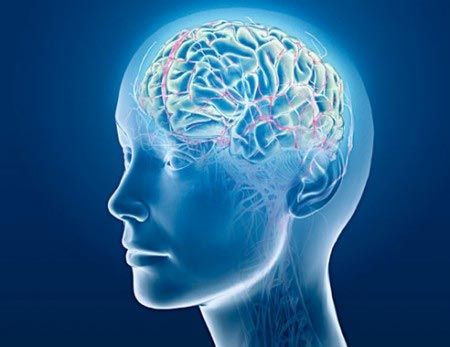Concussion Testing Method Diagnoses Traumatic Brain Injury with Heart Rate, Blood Pressure

An unambiguous concussion test is a holy grail of traumatic brain injury research. Concussions are all too common among athletes and combat veterans, but objective markers of concussions have been difficult to identify in patients.
Now, neurologists at the Mayo Clinic in Arizona have taken a major step toward an accurate biological marker for concussion testing. Their research shows that autonomic reflex testing, which measures automatic changes in heart rate and blood pressure, consistently shows changes in people who suffer concussions.
The findings, which were presented at the American Academy of Neurology annual meeting in San Diego this week, could lead to a physiological marker for concussion testing.
"This has the potential to change the way we approach concussion patients," said neurologist Dr. David Dodick, director of the Mayo Clinic Concussion Program.
"One of the challenges of treating someone with a concussion is to reliably make a diagnosis: to know when the brain is injured and to know when the brain is actually recovered."
Concussions are traumatic brain injuries caused by bumps or blows to the head, which make the brain bounce around in the skull in a way that damages neural connections and can cause cognitive deficits. Just one concussion can cause lasting damage, and make victims more vulnerable to subsequent brain injuries.
Doctors rely primarily on symptom self-reporting for concussion diagnosis, but these measures can be inconclusive- especially as more time passes after a head trauma. It's also unclear when someone's brain has fully recovered from a concussion, since the only indication is an absence of cognitive symptoms.
Brain imaging studies indicate that there is a time lag between when a concussion patient reports no more symptoms and when the brain has actually healed, so doctors would benefit from a quick, reliable, and cheap tool that could identify full brain recovery after a concussion.
The Mayo clinic study observed changes in vital signs in 21 patients who suffered concussions. According to a press release, all of the patients displayed significant abnormalities in heart rate and blood pressure during autonomic testing.
The strong correlation led the researchers to conclude that the vital sign abnormalities most likely resulted from the concussions.
"Contrary to popular belief, the symptoms of 'dizziness' that patients feel just after a concussion may, in some cases, be symptoms of autonomic system impairment rather than a vestibular or inner ear disturbance," said neurologist Dr. Bert Vargas of the Mayo Clinic.
The autonomic nervous system is a control system for automatic body functions like heart rate, blood pressure, digestion, breathing rate, and perspiration.
Co-author Dr. Brent Goodman added that autonomic nervous system dysfunction is recognized as a possible complication of severe traumatic brain injury but "has rarely been associated with people with concussions or milder forms of brain injury."
The Mayo team is optimistic that they can develop autonomic reflex testing into a reliable concussion test. More research is needed, but they believe that their study can be replicated and lead to a physiological marker for concussions.
Published by Medicaldaily.com



























